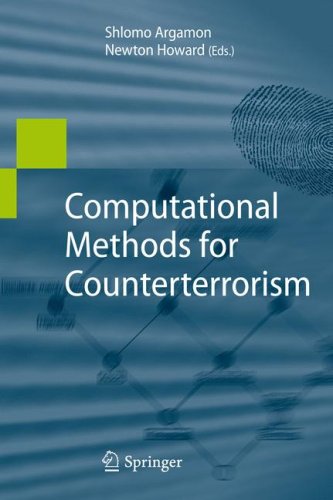

Most ebook files are in PDF format, so you can easily read them using various software such as Foxit Reader or directly on the Google Chrome browser.
Some ebook files are released by publishers in other formats such as .awz, .mobi, .epub, .fb2, etc. You may need to install specific software to read these formats on mobile/PC, such as Calibre.
Please read the tutorial at this link: https://ebookbell.com/faq
We offer FREE conversion to the popular formats you request; however, this may take some time. Therefore, right after payment, please email us, and we will try to provide the service as quickly as possible.
For some exceptional file formats or broken links (if any), please refrain from opening any disputes. Instead, email us first, and we will try to assist within a maximum of 6 hours.
EbookBell Team

5.0
68 reviewsModern terrorist networks pose an unprecedented threat to international security. Their fluid and non-hierarchical structures, their religious and ideological motivations, and their predominantly non-territorial objectives all radically complicate the question of how to neutralize them. As governments and militaries work to devise new policies and doctrines to combat terror, new technologies are desperately needed to make these efforts effective.
This book collects a wide range of the most current computational research addressing critical issues for counterterrorism in a dynamic and complex threat environment:
The contributions are organized thematically into four sections. The first section concerns efforts to provide effective access to small amounts of relevant information buried in enormous amounts of diverse unstructured data. The second section discusses methods for the key problem of extracting meaningful information from digitized documents in various languages. The third section presents research on analyzing graphs and networks, offering new ways of discovering hidden structures in data and profiles of adversaries’ goals and intentions. Finally, the fourth section of the book describes software systems that enable analysts to model, simulate, and predict the effects of real-world conflicts.
The models and methods discussed in this book are invaluable reading for governmental decision-makers designing new policies to counter terrorist threats, for members of the military, intelligence, and law enforcement communities devising counterterrorism strategies based on new technologies, and for academic and industrial researchers devising more effective methods for knowledge discovery in complicated and diverse datasets.